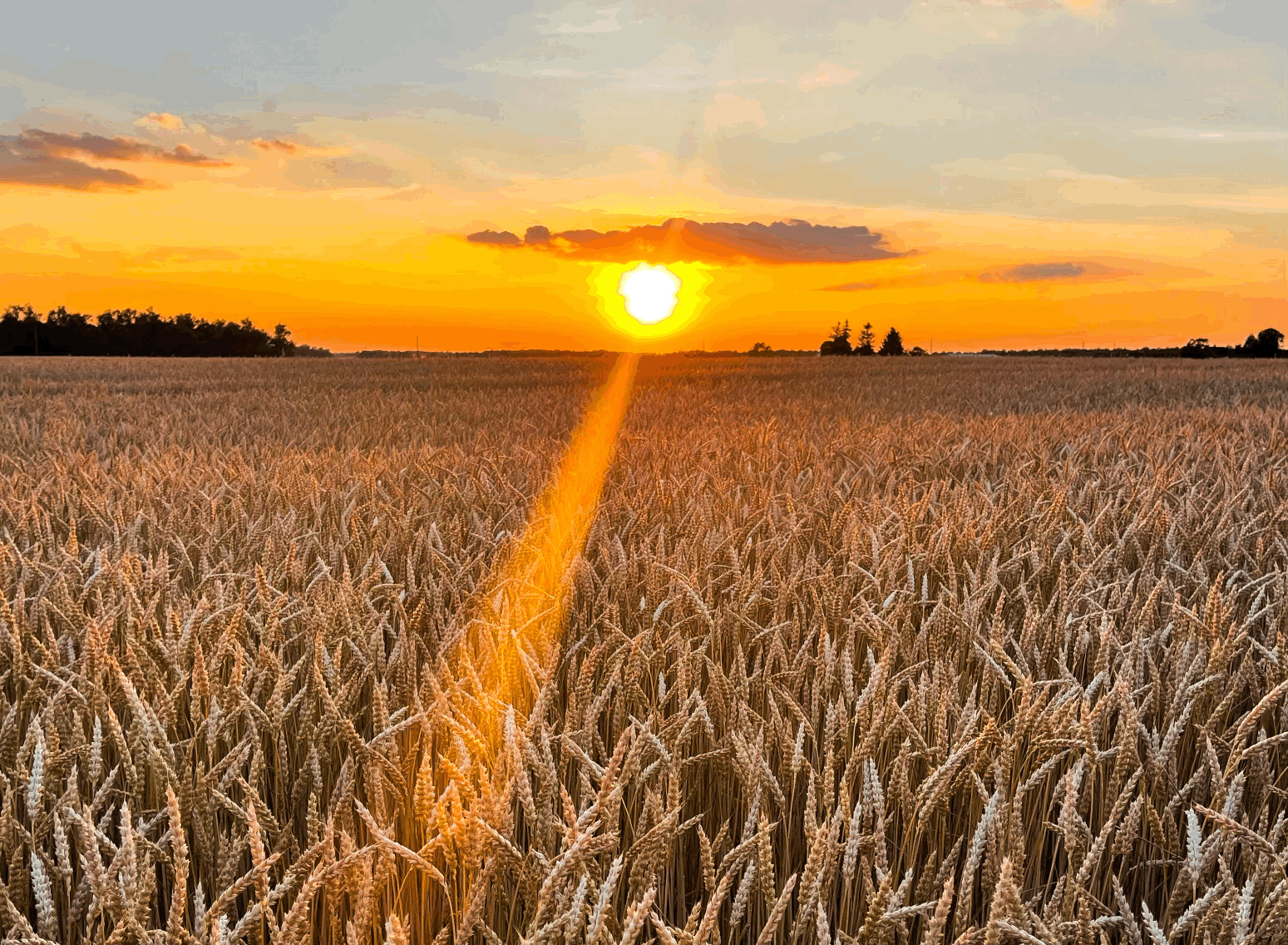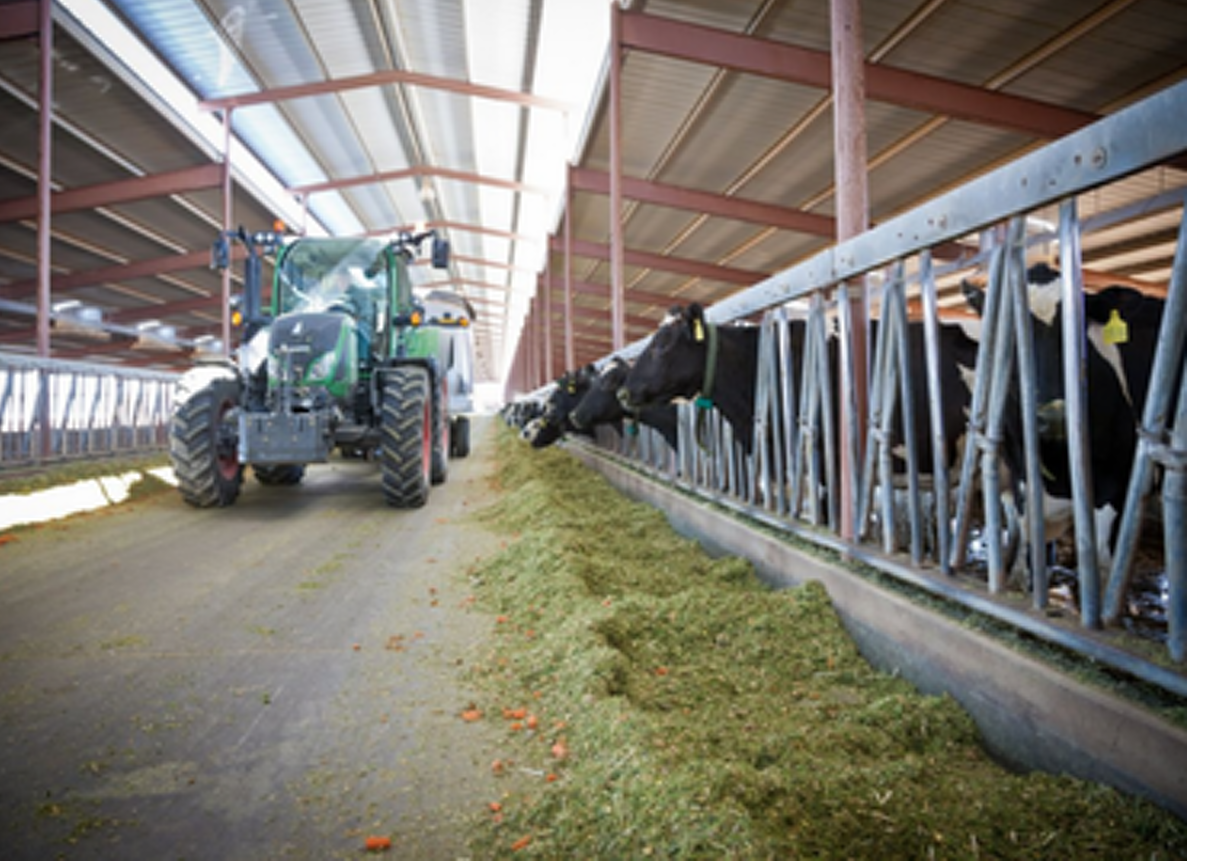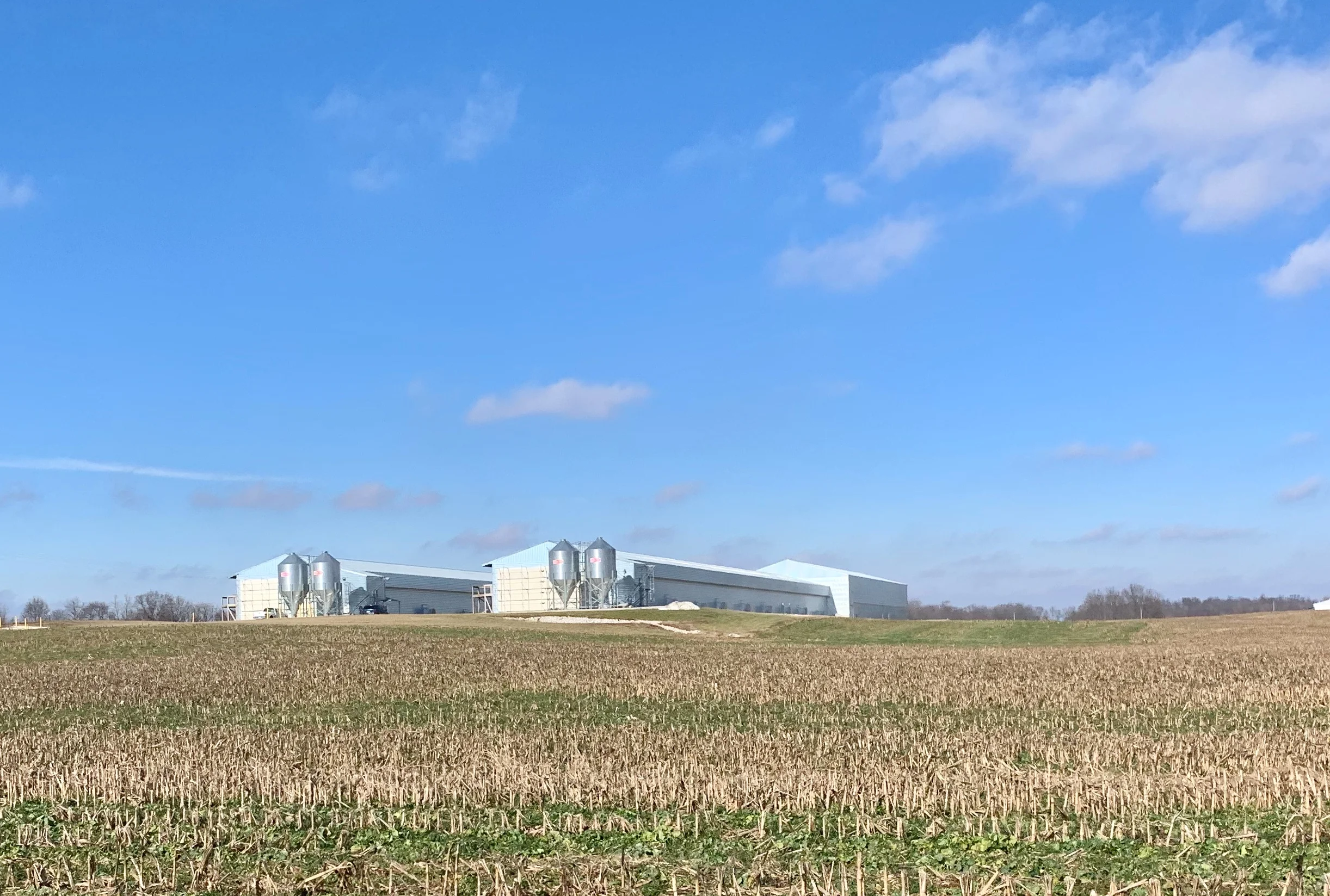CAFO, CFO, Factory Farm, Corporate Farm or Family Farm? What is the correct term for a modern Indiana livestock facility?
/Modern livestock farms get all kinds of labels from the government and their proponents and opponents—CAFO, CFO, factory farm, corporate farm, and family farm. We can often tell which way the news story is headed, and how knowledgeable the author is, by the term they use. What is the correct term? It depends what you are talking about, of course.
CAFO is a concentrated animal feeding operation. CAFO is the term used by the Federal Clean Water Act since 1976, which requires permits for companies that have point-source discharges of pollutants into navigable waters (think of a pipe from a factory draining into a stream). The Clean Water Act has threshold numbers that must be met before a farm is considered a large CAFO, such as 700 dairy cows, 2500 hogs (10,000 if piglets), or 55,000 turkeys. However, because nearly all farms this size are constructed as zero discharge facilities—unlike factories, they contain all waste on site and do not discharge into creeks, rivers or streams—these farms are not required to obtain CAFO permits from EPA. They are not considered regulated CAFOs because the EPA has no jurisdiction unless the farm actually discharges pollutants into a creek, stream or river. See 40 CFR 122.23.
CFO is a confined feeding operation, the Indiana term since 1971 for livestock farms that house animals a certain portion of their life in non-vegetated buildings or pens. CFOs are regulated by the Indiana Department of Environmental Management (“IDEM”). CFOs also have threshold numbers before they are regulated, such as 300 dairy cows, 600 hogs, or 30,000 turkeys. However, livestock farms of any size can be regulated by IDEM as CFOs if they have a discharge of pollutants into state water. See 327 IAC 19.
Factory farm is a slang term used by opponents of CFOs/CAFOs. Factory farm is not a legal term. It is derogatory and insulting to most farmers. And it’s not accurate in most cases. Some types of farming, such as egg laying barns, are mechanized in the means in which feed is delivered and eggs are gathered (on conveyor belts). Other types of CFOs/CAFOs are much less mechanized. Dairy cattle are handled by people every day. Modern pig farmers walk their barns each day, treating sick animals, checking watering and feeding equipment, etc. Pigs do not move through an assembly line. If you read an article using the term “factory farm,” you know it’s an editorial, as this term has no place in accurate reporting about livestock farming.
Family farm is often contested by CAFO/CFO opponents arguing these farms are part of a larger corporate enterprise, and therefore are really cogs in the wheel of giant “corporate farms.” The swine and poultry industries are vertically integrated, meaning that large companies usually provide baby animals to farmers, farmers raise those animals, then deliver the fattened chicken, turkey or hog back to the owner. Some farmers don’t like this arrangement—they’ve mostly gotten out of livestock farming—but some farmers do. Why? Because being paid to raise animals is less risky than buying and selling animals, which is subject to market swings. Large corporations are willing to take this risk. This structure has evolved over time and works for both parties, allowing the family farm to remain viable. Livestock farming sectors that are not vertically integrated are still subject to wild market swings—and bankruptcies—like we are seeing now in the dairy industry. In general, most midwestern farms are still family enterprises. Some are even closely held corporations.
So which term is appropriate? We like modern livestock farms. If the farm needs a CFO permit, CFO works. If it needs a CAFO permit, that makes sense. But otherwise, let’s keep the rhetoric out of the discussion.






